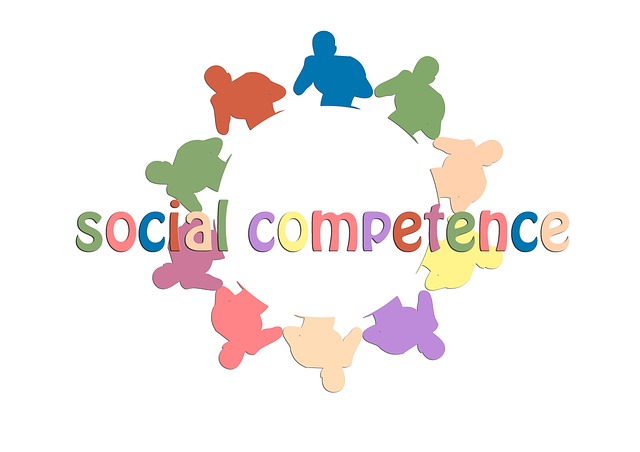By Janneke Lang
Women in the Traditional Corporate Environment
The recent cover article in The Atlantic Magazine, The Confidence Gap, discusses how women’s self-doubt limits their roles in corporate leadership, resulting in men holding the majority of traditional corporate leadership positions. The authors, Claire Shipman and Katty Kay, cite studies showing women “don’t consider themselves as ready for promotions, they predict they’ll do worse on tests, and they generally underestimate their abilities” (The Confidence Gap). According to Shipman and Kay, the traditional corporate environment rewards competition, risk-taking, and overconfidence.

Female Characteristics Thrive in Social Enterprise
While women might struggle in the traditional corporate environment, they may be inherently better than men at running social enterprises. Noreen M. Bautista, a social entrepreneur in the Philippines, says women are more successful at running social enterprises because they encounter “challenges they [are] able to overcome precisely by their ability to analyze the human connections and build empathy”. She goes on to say “female social entrepreneurs skew more to an intuitive sense of decision-making, and…value collaboration that is essential for building communities”(Bautista).
Shipman and Kay say the female hormone, estrogen, can have a negative impact on how women act in the workplace, but in fact, I argue estrogen has essential characteristics for leading a social enterprise. “By supporting the part of the brain involved in social skills and observations, estrogen seems to encourage bonding and connection…”(Shipman and Kay). Collaboration, community-building, and connection are essential in running a successful social enterprise.
Mission-Driven, Not Wealth-Driven
Social enterprises are run by people who are more interested in their mission, whether it is to give foster children a network of sincere support, improve food distribution systems to promote healthy eating and buying local, or increase bicycle infrastructure to promote healthy living and cheap transportation. For social enterprises, making a meaningful contribution to society is the driving force and wealth is just a means to an end, says Gregory Dees, a professor of social entrepreneurship at Stanford University. Read his article here.
Because women are natural community-builders, they are innately more interested in making a difference in their community than building wealth alone. The male associated hormone, testosterone “encourages a focus on winning and demonstrating power…”(Shipman and Kay) and men are “generally seen as less emotional and more strictly business-oriented”(Bautista), encouraging them to be driven to attain and grow wealth rather than in building community. This relationship is demonstrated by the fact that “more than 90 per cent of companies that focus on tackling social problems have at least one woman on their leadership team” says Sarah Morrison, the Human Rights Correspondent at The Independent.
The Opportunity for Women to Impact the World
Women have a huge opportunity to use their special skills and talents to build successful and influential social enterprises. “If social entrepreneurs hope to make a significant contribution to the betterment of the world, they will not only need to address significant social and environmental problems with creative business plans, they will also need to contribute to the emergence of new, more adaptive, conceptual framework for economic activity”(Creating Good Work, 105). Women may have a unique ability to contribute a “new more adaptive, conceptual framework”. This is the chance, for women, to take on business in a new and unique way; to embrace their drive to create relationships, build community, pursue what’s important, and really make the difference they want to see in the world.
 Janneke J. Lang is the Founder and Author of The Inspiring Enterprise Blog. She writes about social enterprises and the news that impacts them. Driven by her need to do passionate work, she is committed to transforming business and growing the social enterprise sector. The intention of her blog is that you too follow your passion to make a difference and either contribute to a business she wrote about or start your own organization.
Janneke J. Lang is the Founder and Author of The Inspiring Enterprise Blog. She writes about social enterprises and the news that impacts them. Driven by her need to do passionate work, she is committed to transforming business and growing the social enterprise sector. The intention of her blog is that you too follow your passion to make a difference and either contribute to a business she wrote about or start your own organization.
For more information you can reach her at janneke@


